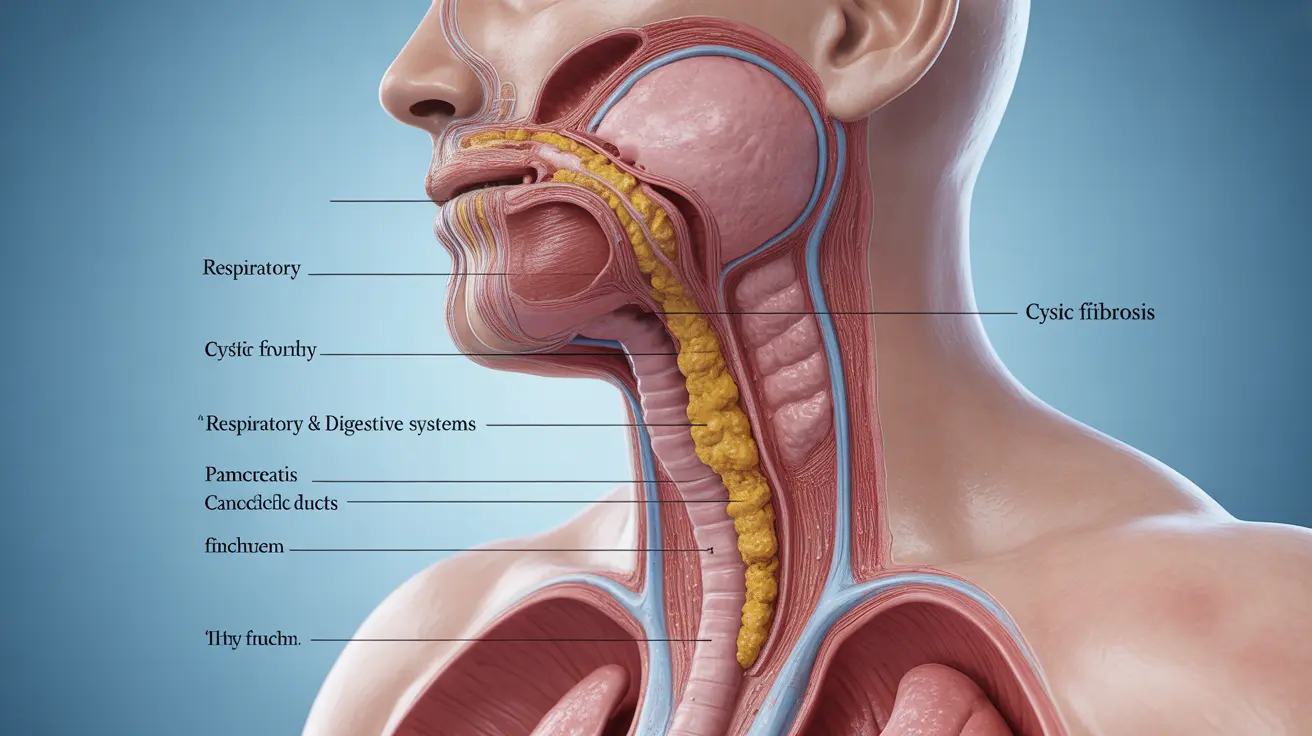Many parents have long believed that drinking milk is essential for their children's growth and development. This common belief has led to countless glasses of milk being served at dinner tables worldwide. But what does science actually tell us about the relationship between milk consumption and physical growth?
Let's explore the complex relationship between milk consumption and human development, examining both the scientific evidence and practical considerations for optimal growth and health.
The Nutritional Profile of Milk and Growth
Milk contains several key nutrients that can support healthy growth and development in children. These include:
- Protein for muscle and tissue development
- Calcium for bone strength and density
- Vitamin D (when fortified) for calcium absorption
- Phosphorus for bone mineralization
- Essential amino acids for overall growth
These nutrients work together synergistically to support various aspects of physical development, making milk a potentially valuable addition to a growing child's diet.
Understanding Milk's Role in Bone Development
One of the most significant ways milk contributes to growth is through its impact on bone development. The combination of calcium, vitamin D, and phosphorus creates an optimal environment for bone mineralization and strength.
The Calcium-Vitamin D Connection
Calcium absorption requires adequate vitamin D levels, which is why most commercial milk is fortified with vitamin D. This fortification helps ensure that the calcium in milk can be effectively utilized by the body for bone development and maintenance.
Optimal Milk Consumption for Growth
While milk can contribute to healthy development, it's essential to understand appropriate consumption levels for different age groups:
- Toddlers (1-2 years): 2-3 cups of whole milk daily
- Children (2-8 years): 2-2.5 cups of low-fat milk daily
- Older children and teens: 2-3 cups of low-fat milk daily
These recommendations should be adjusted based on individual needs, overall diet, and any dietary restrictions or health conditions.
Beyond Milk: Other Factors in Growth and Development
While milk can support growth, it's important to recognize that multiple factors influence a child's physical development:
- Genetics
- Overall nutrition
- Sleep quality
- Physical activity
- General health status
- Environmental factors
This understanding helps put milk's role in proper perspective as part of a broader growth-supporting lifestyle.
Alternatives for Those Who Can't Consume Milk
For individuals who are lactose intolerant or have milk allergies, several alternatives can provide similar nutritional benefits:
- Fortified plant-based milk (soy, almond, oat)
- Calcium-rich foods (leafy greens, fortified cereals)
- Vitamin D supplements
- Other dairy products (if tolerated)
- Fish rich in calcium and vitamin D
Frequently Asked Questions
Does drinking milk help children grow taller and develop stronger bones? Yes, milk can contribute to bone development and growth due to its calcium, vitamin D, and protein content. However, it's part of a broader picture that includes genetics and overall nutrition.
What nutrients in milk contribute to healthy growth and bone development? Key nutrients include calcium, vitamin D, protein, phosphorus, and essential amino acids, which work together to support bone mineralization and tissue development.
How much milk should children drink daily to support optimal growth without health risks? Most children should consume 2-3 cups of milk daily, with specific amounts varying by age. Toddlers need whole milk, while older children can drink low-fat varieties.
Can people who are lactose intolerant or allergic to milk still get growth benefits from other sources? Yes, alternatives like fortified plant-based milk, leafy greens, and supplements can provide similar nutritional benefits for growth and development.
Is milk alone enough to increase height, or do genetics and overall diet also matter? Genetics plays a primary role in determining height, while overall diet and lifestyle factors are also crucial. Milk alone cannot override genetic predisposition or compensate for poor nutrition in other areas.




